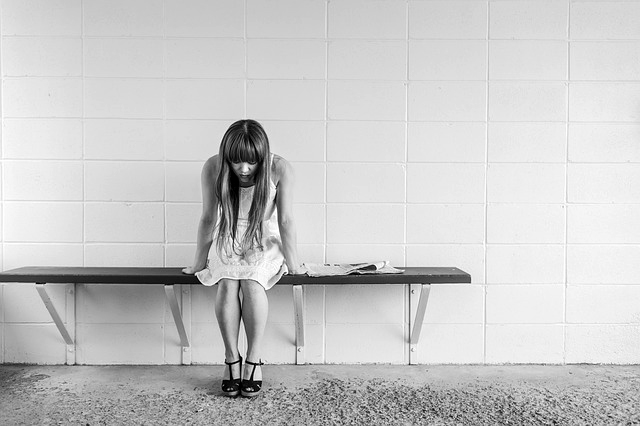If you suffer with mental health issues, such as anxiety or depression, good relationships are an essential part of your holistic health. A secure relationship boosts your mood, which has a positive impact on depression. Meanwhile, having close people to talk to eases anxiety, helping to calm stress and makes the sufferer feel less alone. Talking, to hold and be held, these are all essential needs for every human being.
A survey by the mental health charity MIND found that 60% of people with a mental health disorder find that being in a relationship has a “positive impact” on their mental health.
And yet, many people with mental health issues (and their partners) find their relationships are negatively-impacted by mental health issues. In the same survey by MIND, 80% of people with mental health issues said they felt it affected their sex-life, with many sufferers feeling unattractive, self-conscious, or losing their libido. 5% of sufferers of mental health issues even say that their partners dumped them when they heard about their condition.
So what is it about mental health issues that can affect relationships so much?
Low Self-esteem
If you are depressed or anxious, you may be riddled with self-doubt. You may question how your partner perceives you, and doubt that they love you the way they say they do. This low self-esteem and distrust may lead the sufferer to think: They don’t really care about me; they’re just waiting until someone better comes along. Thoughts like these poison relationships.
If you think you’re worthless, defective and flawed, you can feel completely stymied. If self-doubt leads you to doubt the person is with you because they love you, this will destroy your relationship.
Negativity
When you feel depressed, you become critical; negativity replaces all the good things in your life. You don’t want to do things. You don’t want to go out. You stop enjoying things you always did together. Suddenly, your life is one constant round of medication, therapy appointments, and sitting staring at the TV. If you don’t discuss the reasons behind this with your partner, they can feel you’ve lost interest in them.
Also, you can drive your partner away by becoming overly-critical and irritated. A mild annoyance, such as your partner leaving the clutter around the office, can become World War Three, as you rail against how inconsiderate the person is, and that you don’t know what you ever saw in them. Try and remember all the good traits that attracted you to the person, and remember that this sense of irritation will pass.
Feeling Unsupported
If you suffer with anxiety, you can feel unsupported if your partner doesn’t agree with your phobias and fears. Your partner has to be understanding, and not tell you that you’re being silly if you explain that you can’t cross a bridge in case it collapses. Relationships can quickly end if the healthy partner doesn’t try to understand why their ill partner feels as they do. The phobic person should also try and realise that their partner doesn’t understand their viewpoint – they haven’t read the “script” of what an ideal partner ought to say – and should try to show patience. Your partner isn’t a mind-reader. Tell them how you need them to help you.
Mental illnesses such as depression and anxiety can negatively impact relationships, but with care and understanding from both sides, you can forge a long-lasting relationship built on mutual respect.
Photo Credit: Pixabay.com




